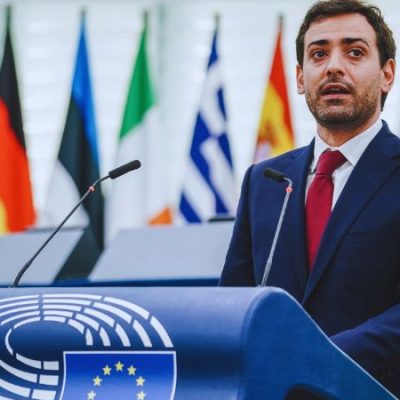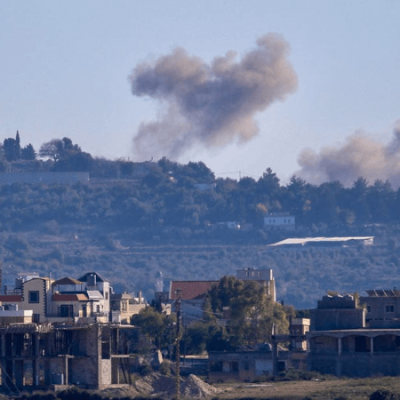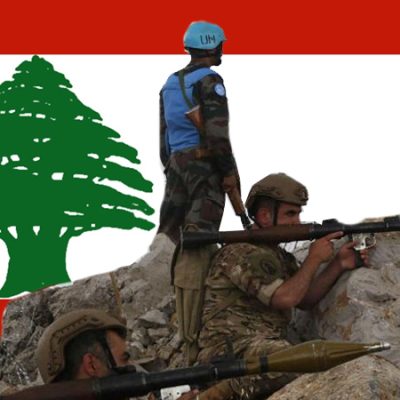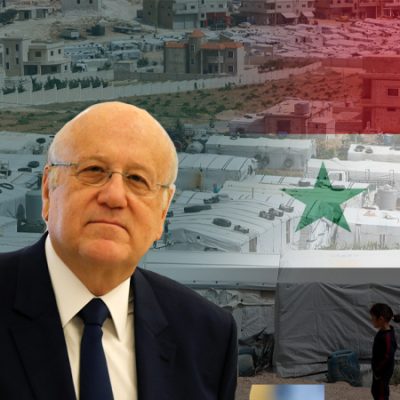Lebanon: Diab among 4 charged for Beirut blast, Hariri slams judgement as violation of constitution

On Friday, former Lebanese caretaker Prime Minister Hassan Diab was named among the four leaders charged with the catastrophic Beirut blast, which occurred on August 4. The deadly blast ravaged the entire capital city of Lebanon, killing over 200 people, and wounding about 6,500. Besides Diab, the other three politicians who were indicted by the court were – Ali Hassan Khalil, Ghazi Zaeiter, and Youssef Fenianos. They were charged on the grounds of showing carelessness and negligence towards the country’s security.
The prosecution claimed that the four did not do anything about 2,750 tonnes of ammonium nitrate despite knowing that it was lying in a warehouse at the Beirut port for six years, putting thousands of lives in jeopardy. The investigators have not been able to track the main cause of fire in the warehouse, which led to the massive explosion. The prosecution reported that the four leaders would be brought in for questioning by the next week.
Lebanon’s Prime Minister-designate Saad Hariri stepped in and slammed the judiciary for accusing Diab of criminal negligence. Hariri said that judgement was a violation of the constitution. Both Hariri and Diab emphasised that it was a targeted attack against the Lebanese prime ministerial post, which was usually reserved for Sunnis as per Lebanon’s unwritten sectarian power-sharing arrangement.
Read more : Beirut port blast: Two Lebanese customs officials charged
Responding to his accusation charges, Diab said his “conscience is clear”, and believed that he “handled the Beirut explosion file in a responsible and transparent manner”. He added that he was informed about the ammunition by state security services only two weeks before the explosion. Soon after the blast he stepped down from the post, leaving the country in intense political and economic crisis.
Lebanon’s unending economic and political crisis aggravated post Diab’s resignation. Diab formed the government in January, three months after former prime minister Saad Hariri was pushed down amid nationwide protests. The country has been protesting for months against corruption and mismanagement of funds which led to the start of what appeared to be the country’s worst economic crisis. Corruption still stands as the major challenge for Hariri to run a stable government.
With the basic necessities becoming unaffordably expensive, people of Lebanon have been fearing of suffering from the pandemic of hunger and poverty rather than COVID-19. Their fear is very real as the World Bank warned that the if the ongoing crisis continued, more than half of Lebanon’s population would fall into poverty by 2021.
International institutions including UN, IMF and World Bank have come foreword to support the nation and estimated that the country would need$2.5 billion to recover from the blast. But given its level of corruption, dwindling g economy and state of affairs Lebanon is under pressure immense pressure to form a stable government in order to receive any international assistance.




